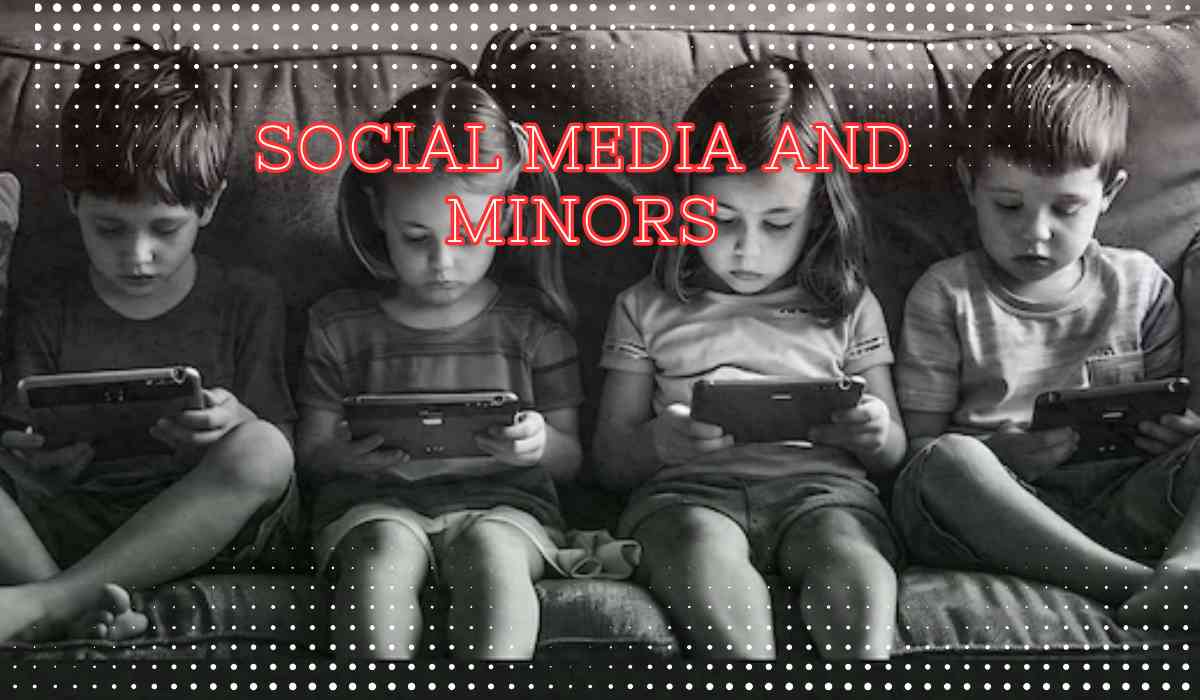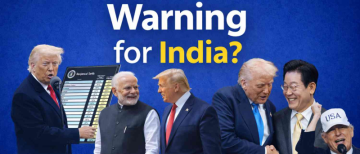Australia recently announced a significant decision to ban minors from using social media platforms like Instagram and TikTok, citing concerns about the negative impact on young people’s physical and mental health. Prime Minister Anthony Albanese, advocating for children to spend more time outdoors rather than glued to their screens, expressed the urgent need to address parental concerns. This move by Australia has ignited a global conversation, particularly in countries like India, where social media is an integral part of daily life for millions of young people.
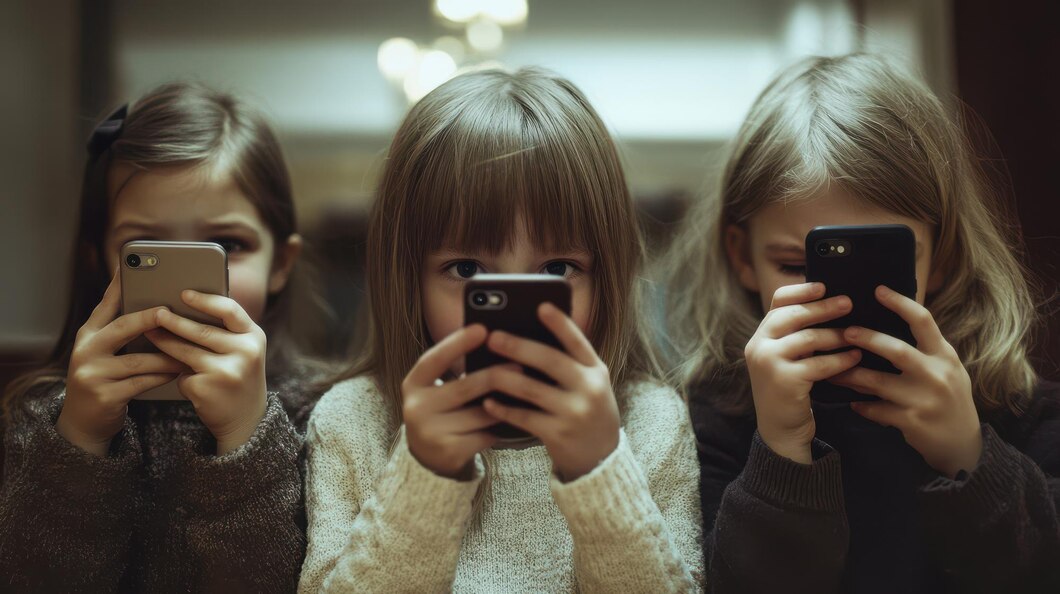
The Australian Perspective
Australia’s decision to ban social media for minors stems from well-documented risks associated with excessive social media use. Studies have repeatedly shown that young people are more vulnerable to the adverse effects of social media, including anxiety, depression, cyberbullying, and exposure to harmful content. The Australian government’s plan to introduce age verification mechanisms before enforcing the ban underscores the seriousness with which it is approaching the issue.
Prime Minister Albanese's government is considering a minimum age limit of between 14 and 16 years, aligning with similar measures in other countries. For instance, China has imposed strict regulations on social media usage among minors, limiting their screen time and requiring real-name registration for online platforms. Several U.S. states have also enacted laws aimed at protecting minors from the pitfalls of unrestricted social media access.
I want children to have a childhood and parents to have peace of mind. pic.twitter.com/ag2u52Bpui— Anthony Albanese (@AlboMP) September 9, 2024
Despite these measures, critics argue that banning social media could isolate young people from beneficial online interactions and potentially drive them to less regulated and more harmful online spaces. However, the growing body of evidence linking social media use to negative mental health outcomes among minors suggests that some level of restriction is necessary.
The Indian Context: A Digital Explosion
India’s digital landscape has undergone a dramatic transformation over the past decade. With over 600 million active internet users, India is now one of the largest markets for social media platforms. The affordability of data and the widespread availability of smartphones have made social media an essential part of daily life for many Indians. On average, an Indian spends about two and a half hours per day on social media, with platforms like Facebook, YouTube, and Instagram dominating the digital space.
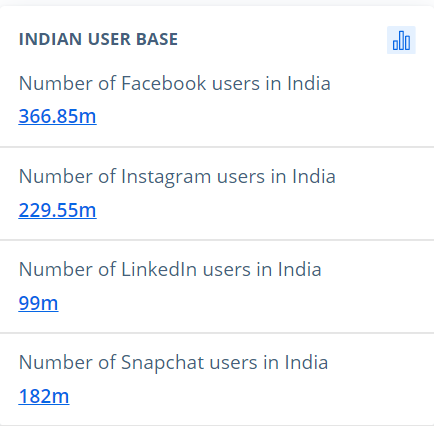
The rise of social media in India has been accompanied by the emergence of child social media influencers, who have garnered significant attention and play a crucial role in digital marketing strategies. However, this phenomenon raises serious legal and ethical concerns. India's existing regulations on child labour and advertising struggle to keep pace with the rapidly evolving digital landscape. As a result, there is an urgent need for clear, enforceable guidelines that protect young influencers while supporting the growth of the digital economy.
While the benefits of social media are undeniable—providing educational opportunities, fostering creativity, and enabling social connections—the risks are equally significant. Research indicates that excessive social media use among minors is linked to various mental health issues. A study published by the American Academy of Pediatrics found that children who spend more than three hours per day on social media are at a higher risk of developing mental health problems, including anxiety, depression, and sleep disorders.
Moreover, the prevalence of cyberbullying has skyrocketed with the rise of social media. According to a report by UNICEF, one in three children worldwide has experienced some form of online bullying. In India, the situation is particularly concerning, with 37% of parents reporting that their children have been victims of cyberbullying. This not only affects the mental well-being of children but also impacts their academic performance and social interactions.
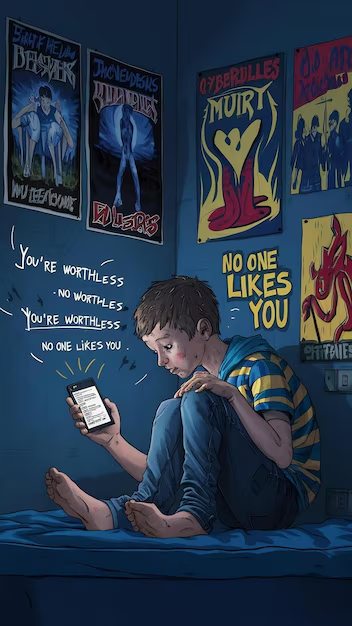
In addition to cyberbullying, the unrealistic beauty standards and harmful content often promoted on social media can negatively influence young minds. Studies have shown that exposure to such content can lead to body image issues, low self-esteem, and even eating disorders among teenagers. The growing influence of social media influencers, who often portray an idealised version of life, further exacerbates these issues, creating unrealistic expectations among young users.
Given these risks, there is a compelling case for implementing age restrictions, or "age gates," on social media platforms. These measures would help to ensure that minors are not exposed to harmful content and reduce the time they spend online. Moreover, age verification processes could be strengthened to prevent minors from bypassing these restrictions, thereby providing a safer online environment.
Social media companies play a significant role in shaping the digital experiences of young users. However, many of these platforms have been criticised for not doing enough to protect minors from harmful content. The algorithms used by these platforms often prioritise engagement over safety, leading to the promotion of content that may not be suitable for young audiences. For instance, a study by the Tech Transparency Project found that YouTube's algorithm frequently recommends videos related to eating disorders, self-harm, and other harmful behaviours to teenagers.
For more, read: Meta CEO Mark Zuckerberg, other Tech Giants CEOs Testifies before US Senate Committee on Child Exploitation
In addition to the content itself, the targeted advertising practices of social media companies raise concerns. These platforms often use sophisticated algorithms to target ads at minors, capitalising on their vulnerabilities to promote products and services. This practice not only exploits young users but also exposes them to commercial pressures that can have long-term negative effects on their well-being.

For more, read: No more Social media for kids under 14: Florida begins a new wave of Social usage restrictions
To address these issues, social media companies should be held accountable for the content they promote and the advertising practices they employ. Regulatory bodies could impose stricter guidelines on these companies, requiring them to prioritise the safety and well-being of minors. Additionally, penalties could be introduced for platforms that fail to implement adequate safeguards to protect young users.
For more , read: Meta bolsters security for teens, to block eating disorder, self harm and suicide posts
While regulatory measures and platform accountability are crucial, the role of parents and adults in managing children's social media use cannot be overlooked. Parents need to take an active role in monitoring their children's online activities and guiding them towards responsible social media use. This includes setting time limits on social media usage, discussing the potential risks, and encouraging offline activities that promote physical and mental well-being.
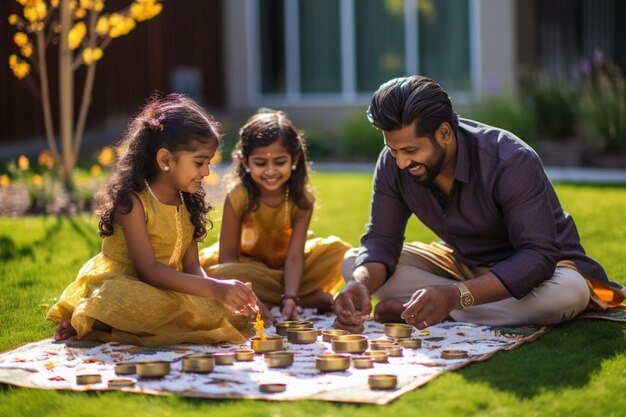
Moreover, parents and adults must set an example by moderating their own social media use. Children often mimic the behaviour of their parents, and excessive social media use by adults can normalise it for minors. By reducing their own screen time and engaging in more offline activities, parents can create a more balanced environment for their children.
For more help , read: Supportive Steps to Wean Kids Off Social Media
Conclusion
Australia’s decision to ban social media for minors is a bold step towards addressing the challenges posed by digital platforms. While the situation in India is more complex due to the deep integration of social media into everyday life, the risks associated with unrestricted access for minors cannot be ignored. Implementing age restrictions, holding social media companies accountable, and encouraging responsible use by parents and adults are all necessary steps to ensure that young people can benefit from the positive aspects of social media without falling victim to its dangers.
By taking a balanced approach that prioritises the safety and well-being of minors, India can create a digital environment that supports the healthy development of its youth while still allowing them to engage with the digital world.
With inputs from agencies
Image Source: Multiple agencies
© Copyright 2024. All Rights Reserved Powered by Vygr Media.

